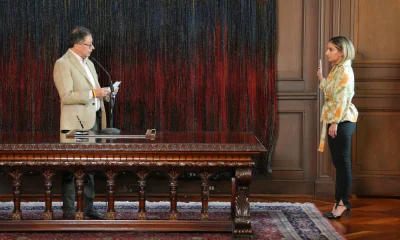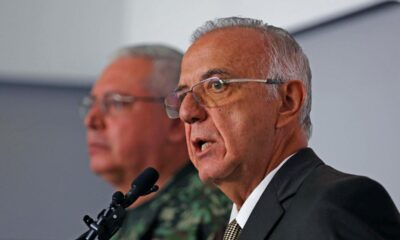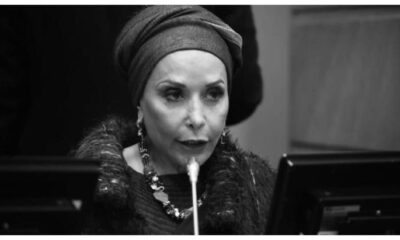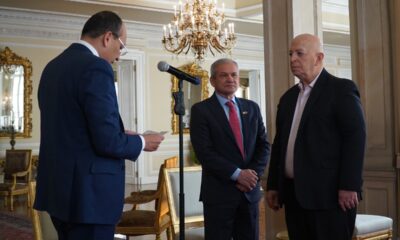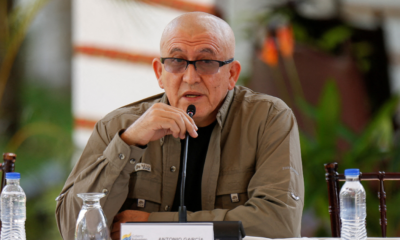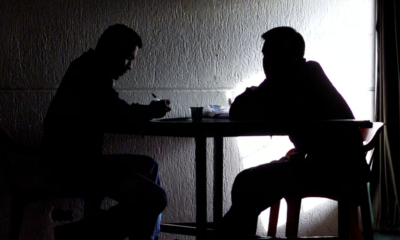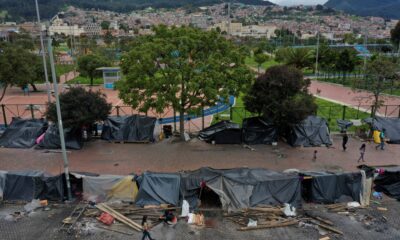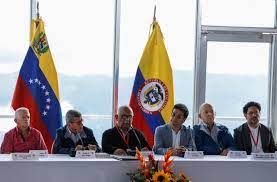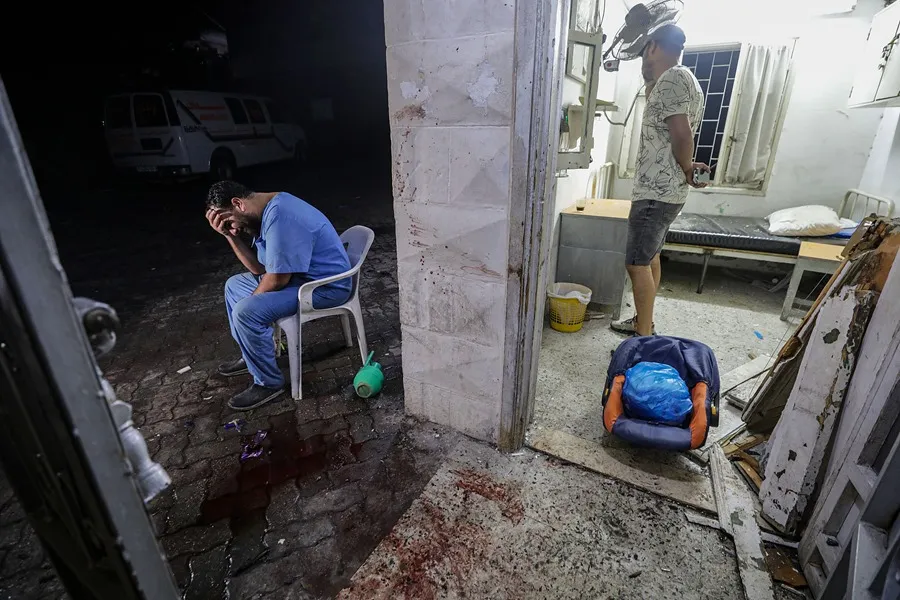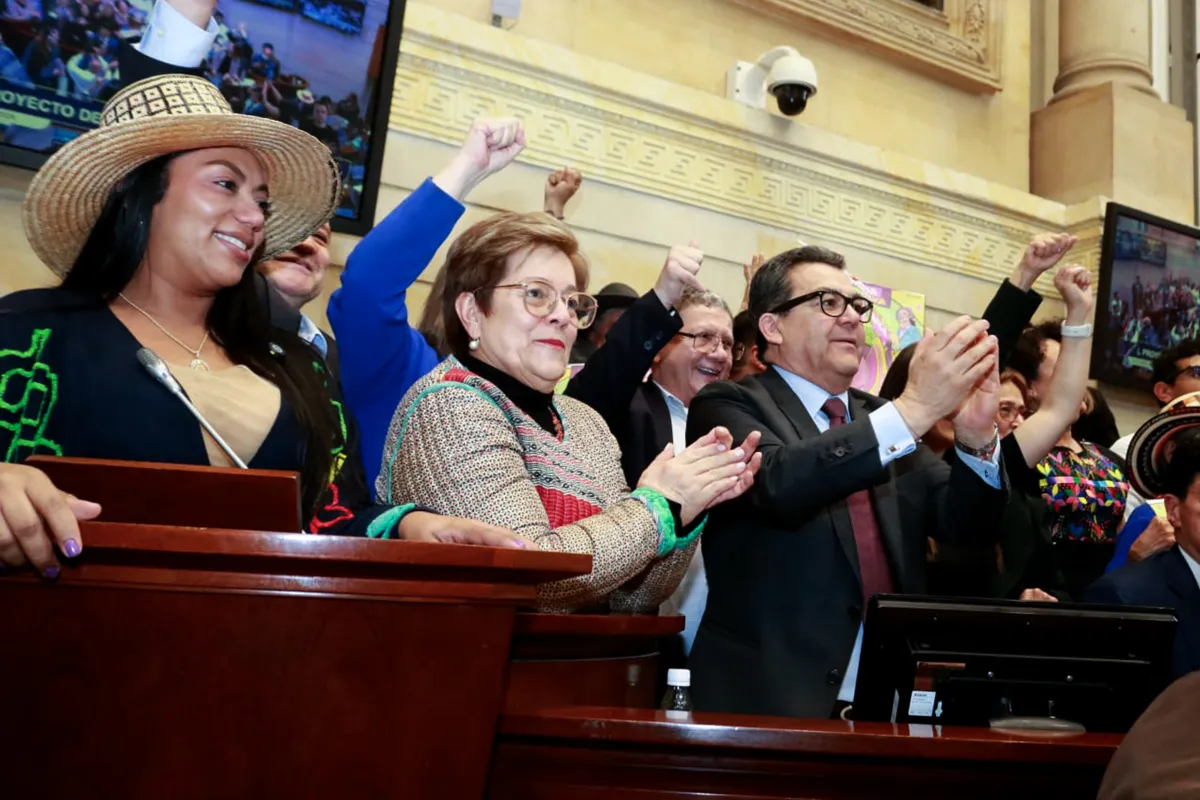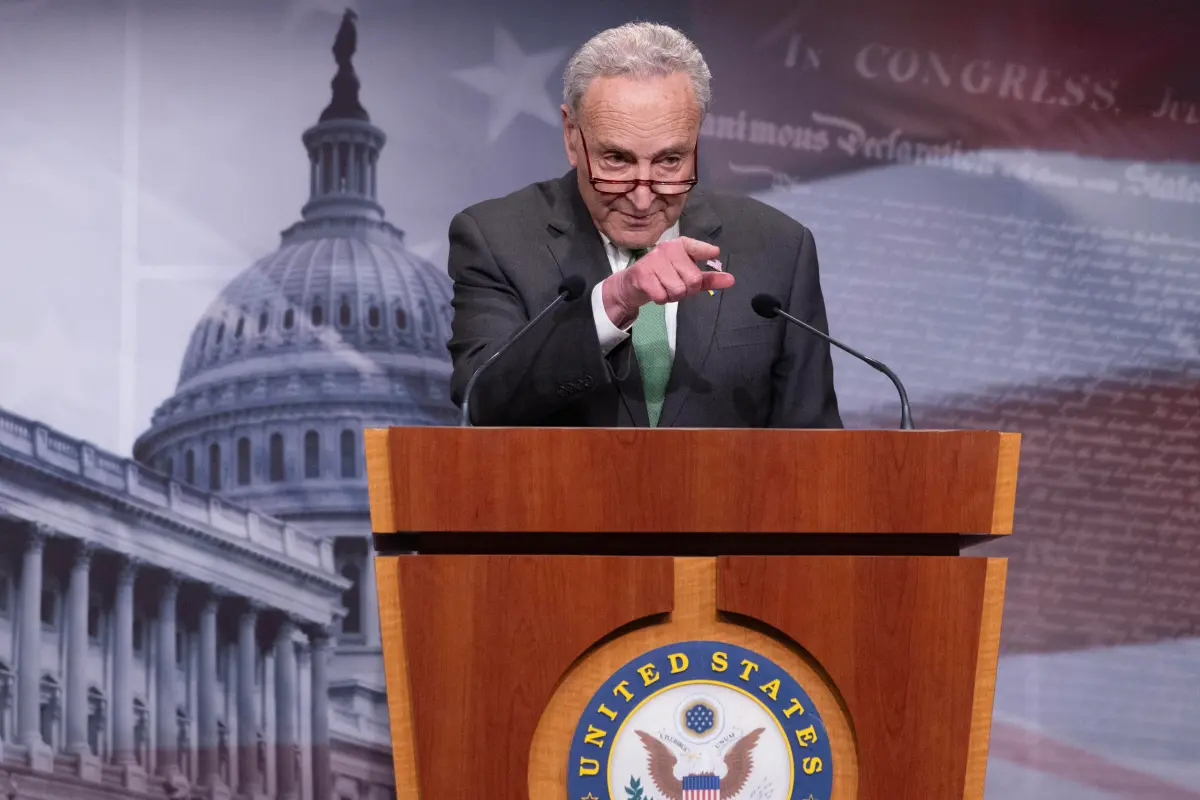International
Colombia government weakened by ‘truce’ mishap: analysts
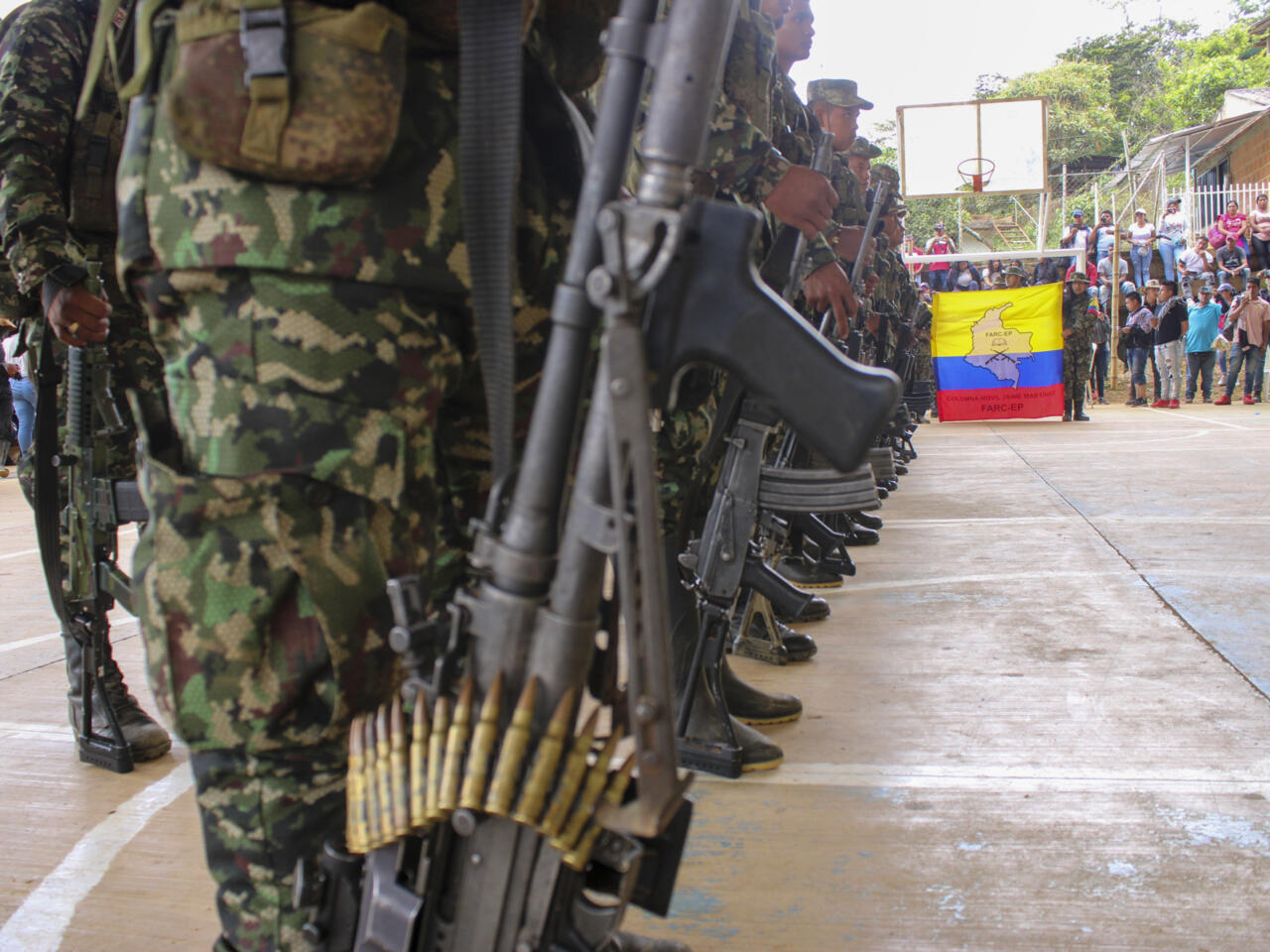
International
Amnesty International warns that the world is on the verge of the collapse of international law
International
The Colombian Senate approves the pension reform of the Petro Government
International
The U.S. Senate approves a military aid package for Ukraine, Israel and Taiwan
-
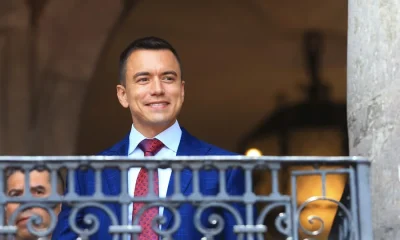
 International4 days ago
International4 days agoNoboa decrees a new state of emergency in Ecuador due to the serious energy crisis
-

 International4 days ago
International4 days agoForeign ministers of Colombia and Argentina settle crisis and open a “new moment” in the relationship
-
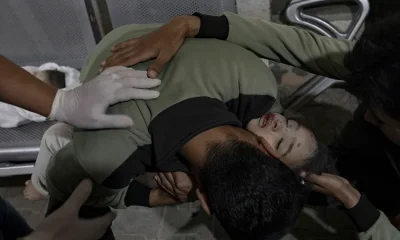
 International4 days ago
International4 days ago37 people killed in Gaza in Israel’s attacks in the last 24 hours
-

 International4 days ago
International4 days agoThe world needs a new Carnation Revolution, defends one of its architects
-
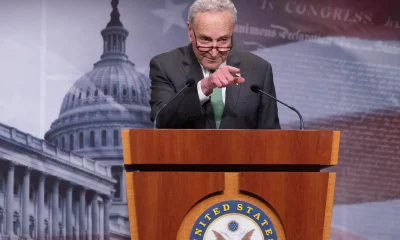
 International22 hours ago
International22 hours agoThe U.S. Senate approves a military aid package for Ukraine, Israel and Taiwan
-

 International5 days ago
International5 days agoTen development banks pledge to boost lending by up to $400 billion to aid climate initiatives
-
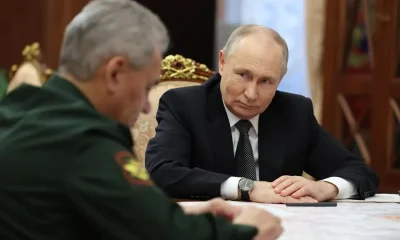
 International4 days ago
International4 days agoRussia announces the creation of a center for the design and production of assault drones
-

 International5 days ago
International5 days agoArgentine Federal Police arrest man for repeated death threats against President Javier Milei
-
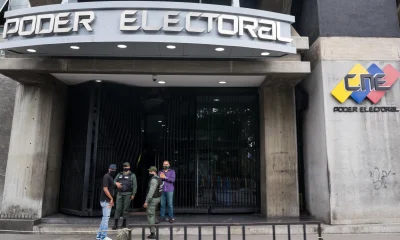
 International4 days ago
International4 days agoMajority anti-chavista alliance ratifies González Urrutia as a presidential candidate in Venezuela
-
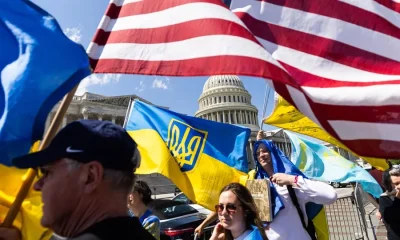
 International3 days ago
International3 days agoRussia assures that Ukraine will lose the war despite the new US military aid package
-

 International22 hours ago
International22 hours agoA plane with two people on board crashes in Alaska
-
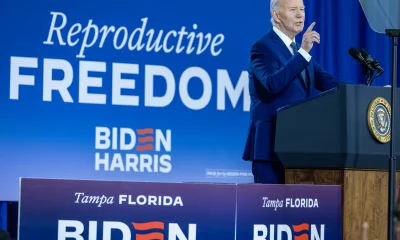
 International22 hours ago
International22 hours agoBiden believes that Florida voters will vote in favor of protecting access to abortion
-
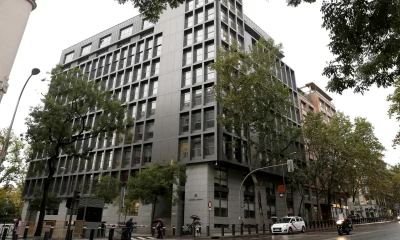
 International22 hours ago
International22 hours agoThe Court urges the judge to continue proceeding in the case of Obiang’s son
-

 International22 hours ago
International22 hours agoThe Colombian Senate approves the pension reform of the Petro Government
-

 International22 hours ago
International22 hours agoA U.S. media manager says he favored Trump to help him in his 2016 campaign
-
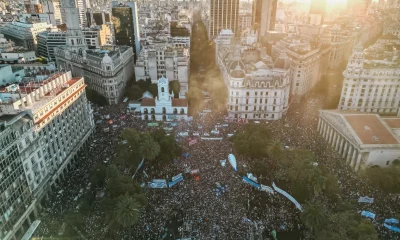
 International22 hours ago
International22 hours agoArgentine society defends its sensitive fiber before the Government: public education
-

 International3 days ago
International3 days agoBiden cuts Trump’s advantage in the presidential race to two points, according to a poll
-
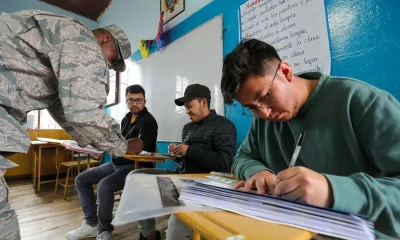
 International3 days ago
International3 days ago60% of participation ninety minutes before the closing of the vote in Ecuador
-

 International3 days ago
International3 days agoThe phase of initial allegations in the criminal trial of Trump in New York begins on Monday
-
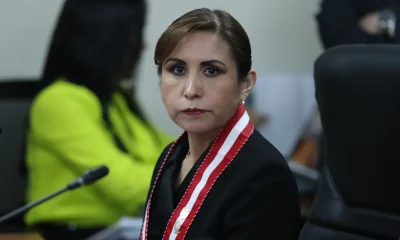
 International22 hours ago
International22 hours agoThe Prosecutor’s Office asks to prevent Peru’s departure from the suspended attorney general Patricia Benavides
-

 International3 days ago
International3 days agoBolsonaro exalts the tycoon Elon Musk for defending freedoms, in front of a crowd in Rio
-
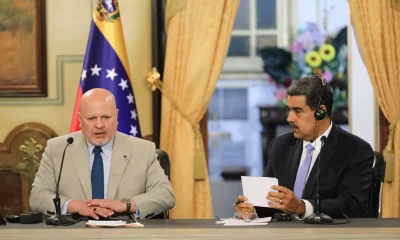
 International22 hours ago
International22 hours agoMaduro invites to return to the UN office for human rights, expelled from Venezuela in February
-
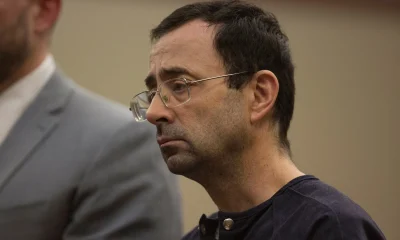
 International22 hours ago
International22 hours agoThe United States will compensate the victims of former doctor Larry Nassar with 138.7 million dollars
-
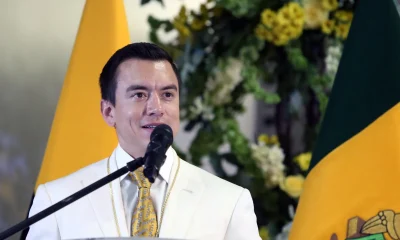
 International22 hours ago
International22 hours agoNoboa proclaims victory in the referendum and assures that Ecuador said “‘Yes’ to the future”
-
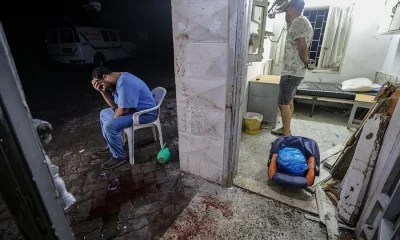
 International22 hours ago
International22 hours agoAmnesty International warns that the world is on the verge of the collapse of international law
























